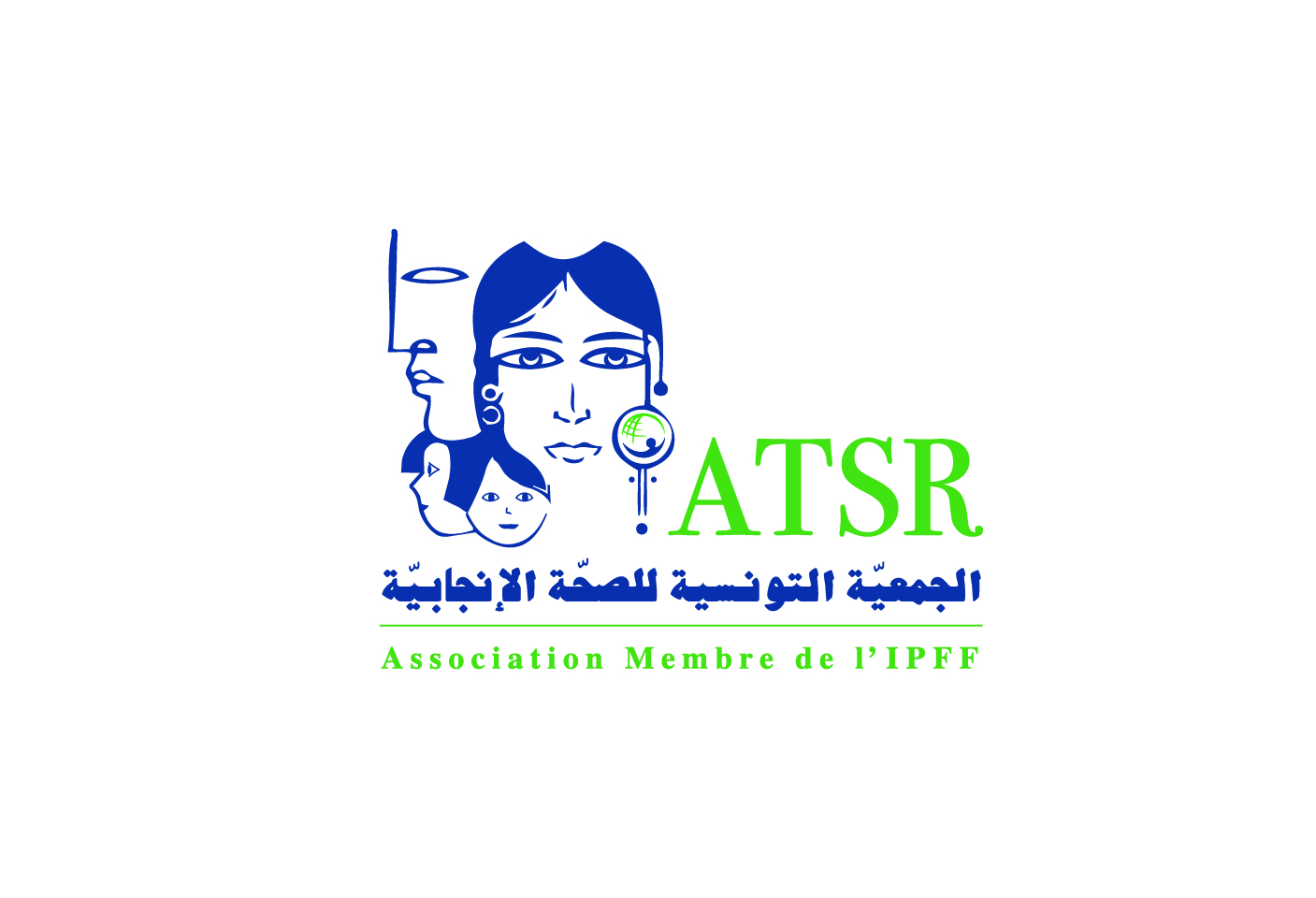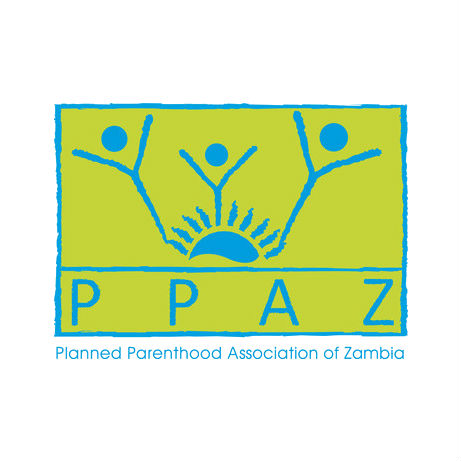

| 31 March 2016
Association Tunisienne de la Santé de la Reproduction
The Tunisian Sexual and Reproductive Health Association (ATSR) was established in 1968 and joined IPPF in 1969. It is government-supported and plays a key partnership role with public health services in Tunisia. It has run a number of government and UNFPA- funded initiatives (such as the Family Health Project, designed to raise awareness of family planning amongst deprived communities). ATSR works together with the National Office for the Family and Population (ONFP) to deliver free sexual and reproductive health and rights (SRHR) services, including family planning and education and communication (IEC) programmes to sensitise peri- urban and rural populations about family planning. Additionally, ATSR is heavily involved in raising awareness about sexually transmitted infections (STIs) and HIV and AIDS, dangerous behaviour, male responsibility, pre-marital medical examination, violence against women, and unsafe abortion. It runs innovative projects for disabled people and for single mothers. The organisation's recommendations feed into the development of Tunisia’s national family planning policy, ATSR has become central to the practical implementation and achievement of government objectives. Contacts Website: http://atsrtn.org/ Facebook: https://www.facebook.com/www.atsrtn.org Twitter: https://twitter.com/ATSRTN

| 31 March 2016
Planned Parenthood Association of Zambia
The Planned Parenthood Association of Zambia (PPAZ) was created in 1972. Then, it was dedicated to the promotion of family planning services. Over the years, it has evolved into a major service provider and advocacy body, with significant input into government policy on sexual and reproductive health (SRH) issues. Services offered include family planning, voluntary counselling and testing (VCT) for HIV, the treatment of sexually transmitted infections (STIs), antenatal and post-natal care, emergency contraceptive provision, laboratory tests, and screening. PPAZ refers clients on for additional services including prevention of mother-to-child transmission (PMTCT), antiretroviral treatment and home-based care. The organization operates 3 static clinics, 11 mobile units and 10 community-based services (CBSs). It has a full-time staff of 34, backed by 1,300 volunteers which include over 200 community-based distributors (CBDs) and 398 peer educators. In total, PPAZ runs 229 service points. PPAZ places a strong emphasis on HIV and AIDS prevention and treatment: as the statistics show, HIV prevalence rates are exceptionally high in Zambia. PPAZ has worked intensively on integrating gender and empowerment perspectives into HIV prevention. It has undertaken behaviour change communication projects directed at young people, both in and out of school settings, and it’s taken similar projects out to rural communities. PPAZ partners extensively with non-governmental organizations (NGOs), particularly those involved in youth and HIV and AIDS work. It receives financial support from Care international, UNICEF, the Japanese Organisation for Cooperation in Family Planning (JOICEP), Forum RFSU and IPPF’s Japan Trust Fund. Contacts Website: www.ppaz.org.zm Facebook: https://www.facebook.com/groups/137992098191/







